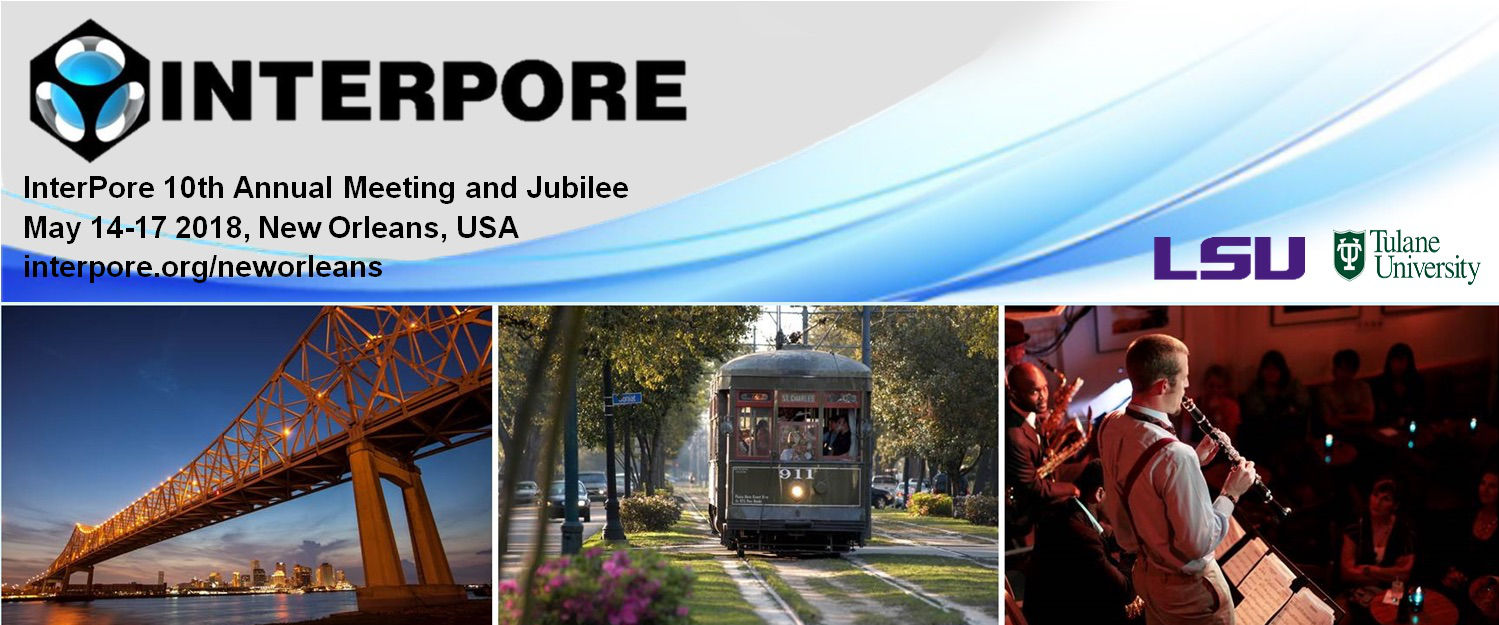Speaker
Description
Future reservoir performance under reservoir uncertainty has been estimated conventionally by posterior model simulations followed by history matching of prior models to observed data. In the history matching step, however, more than hundreds of simulation runs may be required to calibrate prior model parameters such as facies, permeability, and porosity. To address the computational challenge, we propose a fast deep-learning-based approach that avoids expensive multiphase flow simulations needed in conventional history matching approaches for future reservoir performance forecast. Our deep-learning-based approach consists of four procedures: generation of training data, data space reparameterization, training, and forecasting. First, prior models are simulated to generate training data set. The dimension of the training data set is reduced using principal component analysis (PCA) for computational efficiency. The low dimensional transformed training data set is used to train a deep neural network (DNN) model. Once observed data is available, future reservoir performance is forecasted using the trained DNN models. By doing so, we can avoid the expensive history matching step and forecast the future reservoir performance in observable data space instead of reservoir model parameter space. For a real-field-data-based reservoir model case, the average relative error of our learning-based approach in forecasting future reservoir performance is 4.14%, which indicates that our deep-learning-based approach can provide fast and accurate prediction during the field operation.
| Acceptance of Terms and Conditions | Click here to agree |
|---|


